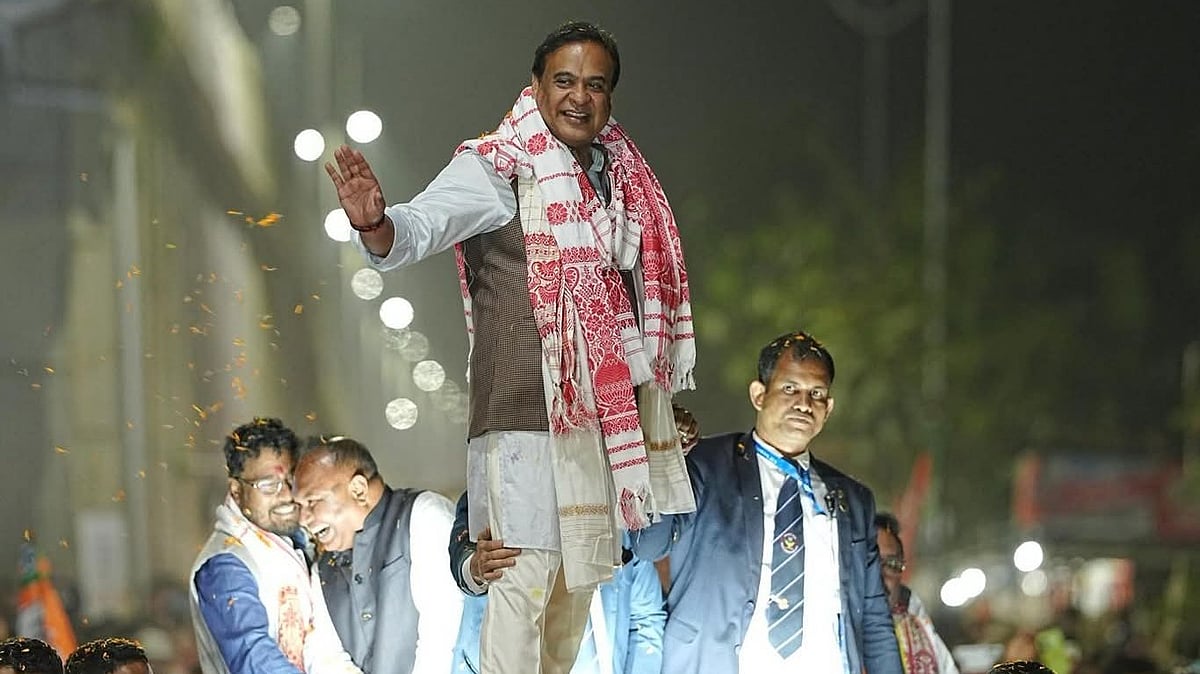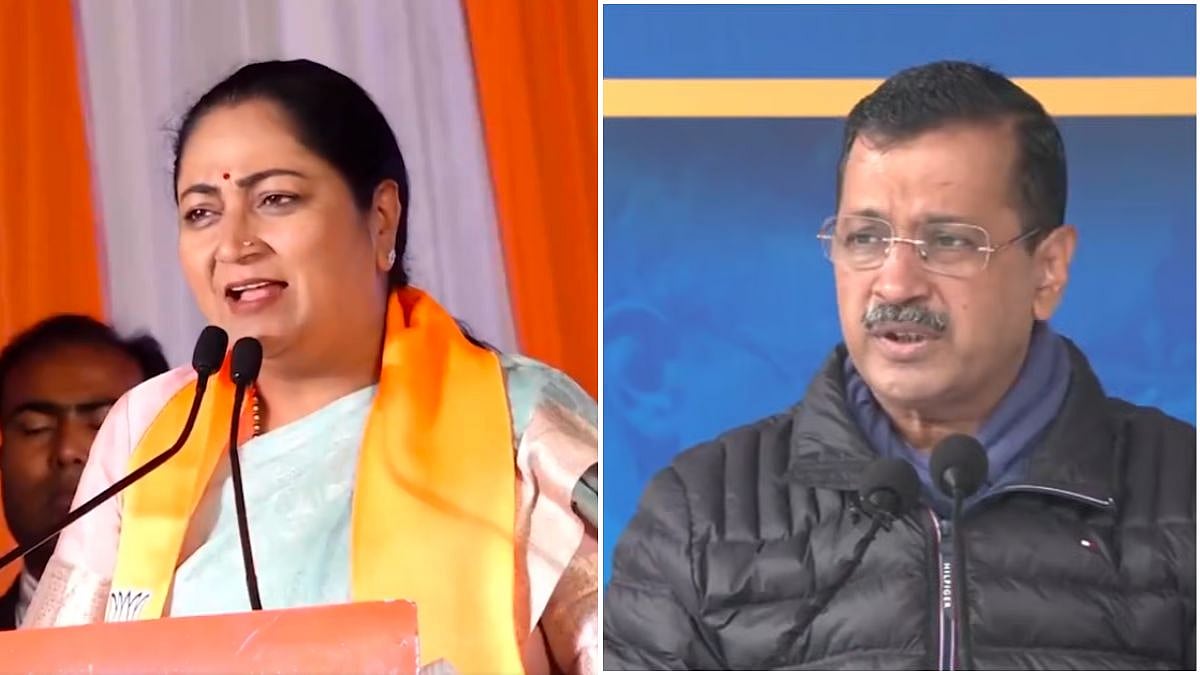Diluting too much stake, too early is a perpetual dilemma faced by startup ecosystem. This phenomenon is more acute in developing economies like India. And the reason is simple. Dearth of risk capital is one of the major reasons that prompts founders to dilute more during initial rounds of fund raising. However, there are also other reasons for such faster paring of stakes by entrepreneurs.
Lack of awareness, quick monetisation plans, and ambitions of faster scaling up are some of the other factors that lead to dilution of stake at a faster pace. In this perspective, Indian startup ecosystem can integrate a lot of learnings from their western counterparts, especially from the US where many technology startups have not only grown but are successful in dominating the world with founders retaining majority stake in their companies.
Is it a good idea?
There are many schools of thoughts on whether founders or promoters should retain majority stakes in those companies which they have founded or invested early on. However, the world has seen that those promoters retaining control in companies are able to create a lot of wealth as the company scales up. These companies have also benefitted a lot from their vision and disciplined execution. Here control doesn’t necessarily indicate majority ownership.
For instance, Apple’s iconic Founder Steve Jobs had 11 per cent stake when Apple went public 1980. Similarly, Tesla’s co-founder Elon Musk, Microsoft’s founder Bill Gates and many other such founders of technology giants have been hugely successful because of stewardship of their promoters.
In Indian context, last two decades has seen rapid evolution of entrepreneurship and startup ecosystem. The country is now home to the third largest startup ecosystem in the world after the US and China. It is home to 94 unicorns with a total valuation of around $319.67 billion.
While 2021 saw addition of 44 unicorns, 2020 witnessed addition of 10 unicorns and nine unicorns in 2019. However, without going into details, it is seen that many founders of these unicorns hold a minority stake as compared to an impressive 17 percent stake of Jeff Bezos’s in Amazon over 23 years. That is the reason that many Indian startups have their majority stake held by big private equity (PE) firms.
As the majority control goes to the hands of PE firms, these companies can be tagged as Indian companies with foreign control. Of course, there are honourable exceptions. Edtech major Byju’s, for instance, has seen the promoter stake moving up to 25 percent post the recent round of funding which valued the company at $22 billion. Empirical evidence shows that Indian startup promoters are diluting stakes at a faster rate than their US counterparts.
Differential voting rights, rising liquidity may redeem situation:
Earlier, Indian corporate laws didn’t allow differential voting rights. This can be attributed as one of the major reasons behind founders losing control over their companies. This has been amended since. Now, the companies can have up to 74 percent of differential voting right equity shares in the total post issue paid-up share capital. This amendment with increased the limit for the issue of shares with differential voting rights up to 74 per cent is beneficial to the startups. So, founders can now dilute their stakes without necessarily losing proportionate control over the company.
Similarly, the funding situation has drastically improved for Indian startups in recent years. The Bain & Company’s annual ‘India Venture Capital Report 2022’, in collaboration with Indian Venture and Alternate Capital Association (IVCA) said venture capital (VC) investments reached $38.5 billion — which was 3.8x growth over 2020. These funds were raised across 1,545 deals in 2021 with an average deal size of $24.9 million per deal, which was double to that of 2020.
With favourable regulations and rising flows of risk capital from PE & VC funds, Indian startup ecosystem is changing very fast. But, availability of risk capital as compared to demand remains low. Therefore, any sovereign risk capital fund set up by the Indian government can go a long way in retaining the ownership within India. Similarly, founders have to chase scale rather than monetising stakes at an early stage.
As India eyes to be $5 trillion economy, its startups have the critical responsibility of being the equal partners in promoting the domestic growth story and this can happen effectively if the ownership stays with Indians.
(Sanjeev Dahiwadkar is Founder & CEO of Cognota Healthcare)




